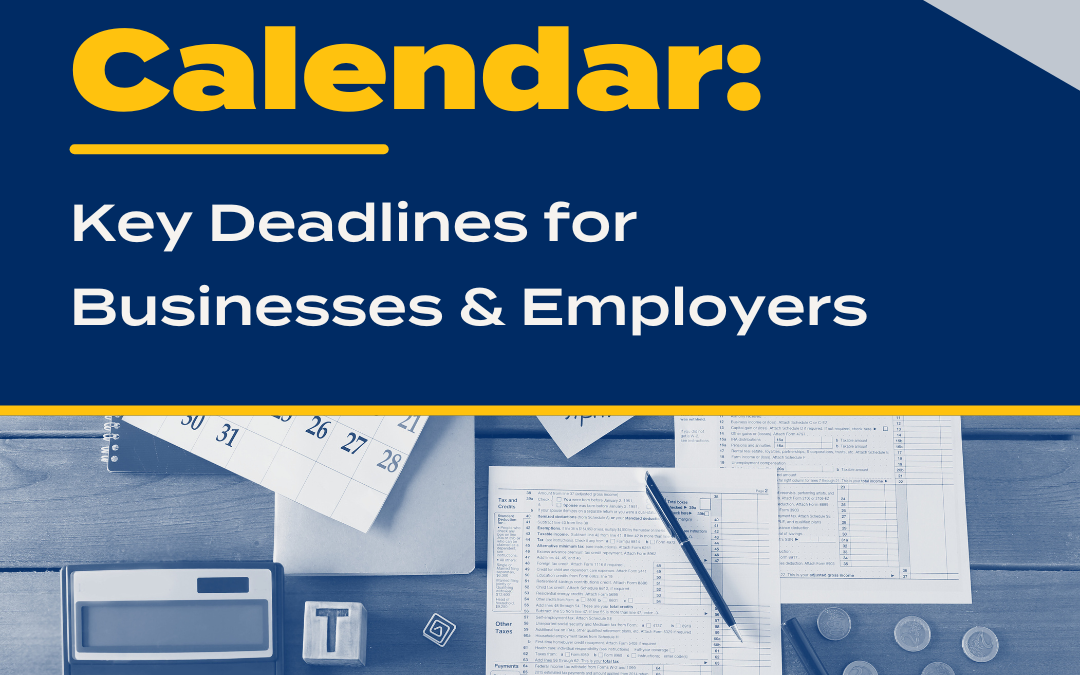Because of the COVID-19 pandemic and other reasons, job upheaval has become common among Americans over the past year or so. If you may soon change employers, handle your retirement plan with care.
Leave as Is
If your plan with your previous employer has a balance of at least $5,000, it must allow you the option to leave your money there. This is an easy option, but it has its risks. Your ex-employer may restrict your ability to change your portfolio, take distributions or update beneficiaries. As a non-active participant, you may also incur higher fees and receive less-effective plan communications than active employees.
However, you may want to consult with your financial advisor before liquidating your holdings if your previous employer offers a hard-to-duplicate investment option.
Roll It Over
Rolling over your savings into your new employer’s plan can help you avoid the potential downsides of staying with the old plan or tracking multiple plans. But before you take this step, review the investment options of your new employer’s plan.
Beware of fees or charges you may incur when rolling your old plan balance into your new plan. If there are fees, you might want to keep your existing savings in the old plan or roll your account balance into an IRA while contributing to your new employer’s plan.
If, on the other hand, a rollover into your new employer’s plan seems like the better option, confirm that the plan accepts rollovers. Assuming that’s the case, request a direct “trustee-to-trustee” rollover. Otherwise, your old employer will mail a distribution check to you, minus a mandatory 20% tax withholding. You then have just 60 days to deposit these funds in your new plan. You also must cover the 20% that was withheld for taxes with other funds to achieve a 100% rollover.
Finally, if you fail to meet this 60-day deadline, or if you don’t have the cash available to cover the taxes that were withheld, you must pay income tax on the amount that wasn’t rolled over. If you’re underage 59½, you may incur a 10% early withdrawal penalty.
IRA Transfer
IRAs typically provide a much wider array of investment options than most 401(k) plans do. Many financial services companies will accept a direct transfer of your retirement savings, which can streamline the process and avoid potentially costly mistakes.
In some cases, your assets can be transferred “in kind,” meaning you don’t need to sell certain investments to hold them in your IRA. Be aware, however, that you may be charged an annual fee after rolling your savings into an IRA.
Cash-Out
Unless you need the money to pay bills, consider the tax consequences before cashing out your retirement savings. Distributions will be taxed as ordinary income and, if you’re underage 59½, you may have to pay an additional 10% penalty on any withdrawals.
There are exceptions to the penalties — for example, in cases of economic hardship or if you separate from service at age 55 or older. But even if you qualify for an exception, you’ll owe ordinary income tax on the distribution.
Protect the Egg
Don’t let job-switching activities distract you from protecting your nest egg! Contact us for help.





